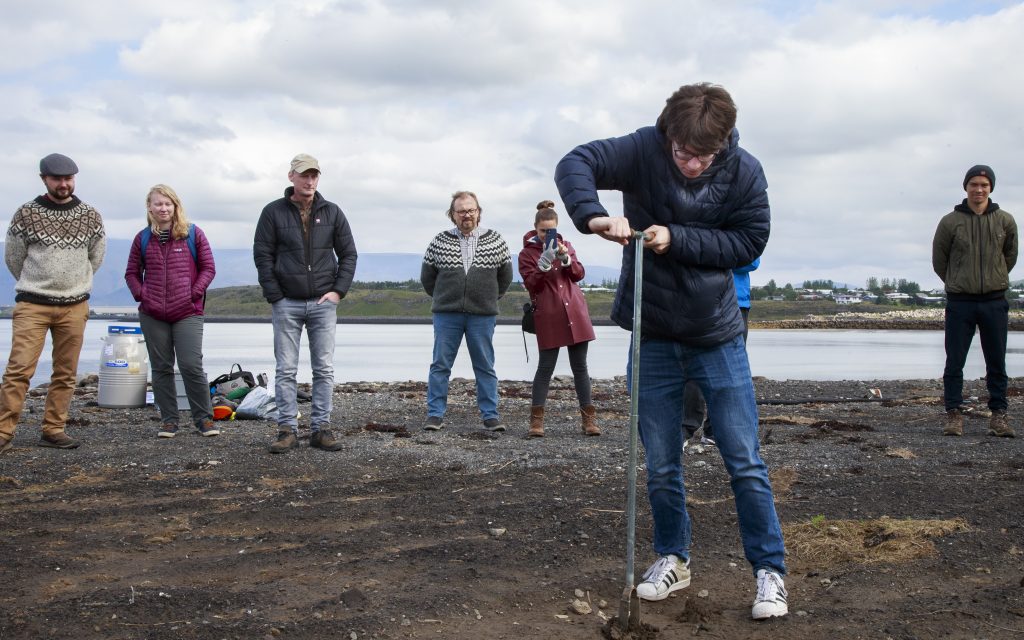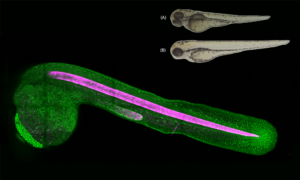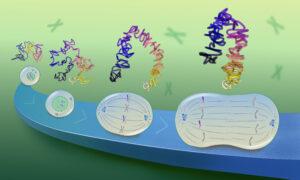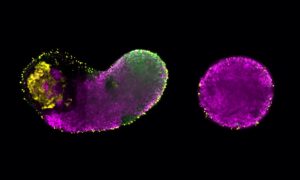
Examining life along Iceland’s coasts
Final pilot project marked the countdown to expedition to study coastal ecosystems and their response to changing environments
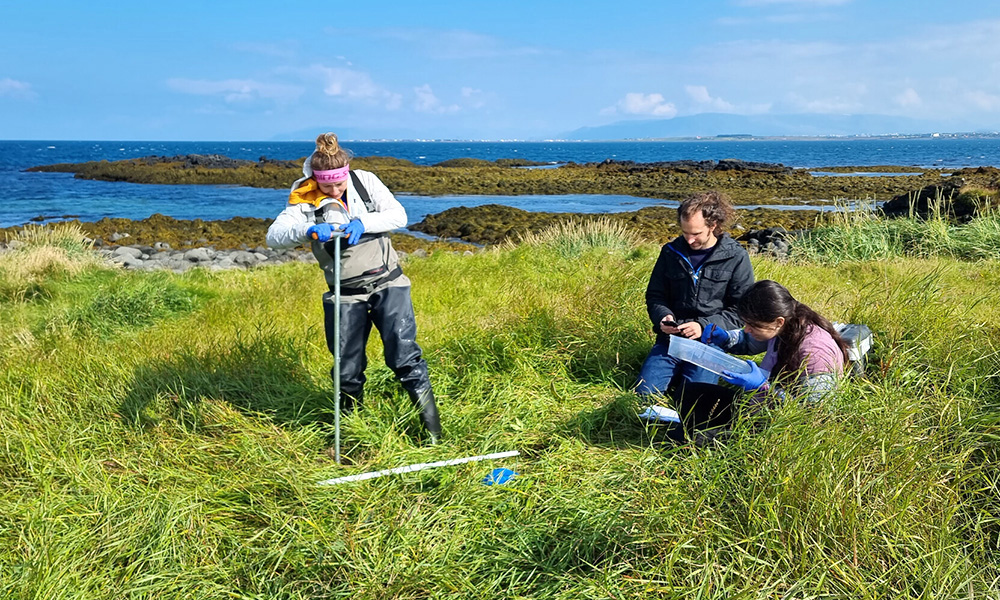
How do global warming, acidification, and pollutants affect ecosystems on land and at sea? What are the molecular mechanisms by which species adapt to the changing environment? What underlies the interaction of organisms in these ecosystems on a molecular level? And how can we survey and monitor the accelerated biodiversity loss caused by the increased anthropogenic pressures on ecosystems to understand its impact?
These are some of the questions that EMBL, together with numerous partners in its member states, wants to address through its flagship planetary biology project ‘Traversing European Coastlines’ (TREC). Coastal ecosystems host some of the world’s greatest biodiversity and are vital for global energy and nutrients cycles. The goal of this scientific expedition is to study these ecosystems and their response to a fast-changing environment, which can help to address environmental challenges to planetary and human health.
The TREC expedition will begin in France in spring 2023 and conclude in Greece nearly 18 months later. During this period, researchers from EMBL and collaborating institutes and organisations will collect soil, sediment, aerosol and water samples, as well as selected model organisms and broad environmental data at numerous locations along the European coastline. To do so, EMBL’s researchers and new EMBL land-based Mobile Laboratory services will work closely together with the Tara Ocean Foundation, the Tara Oceans Consortium (now TaraOceanS), the European Marine Biological Resource Centre (EMBRC), and numerous national marine research institutions.
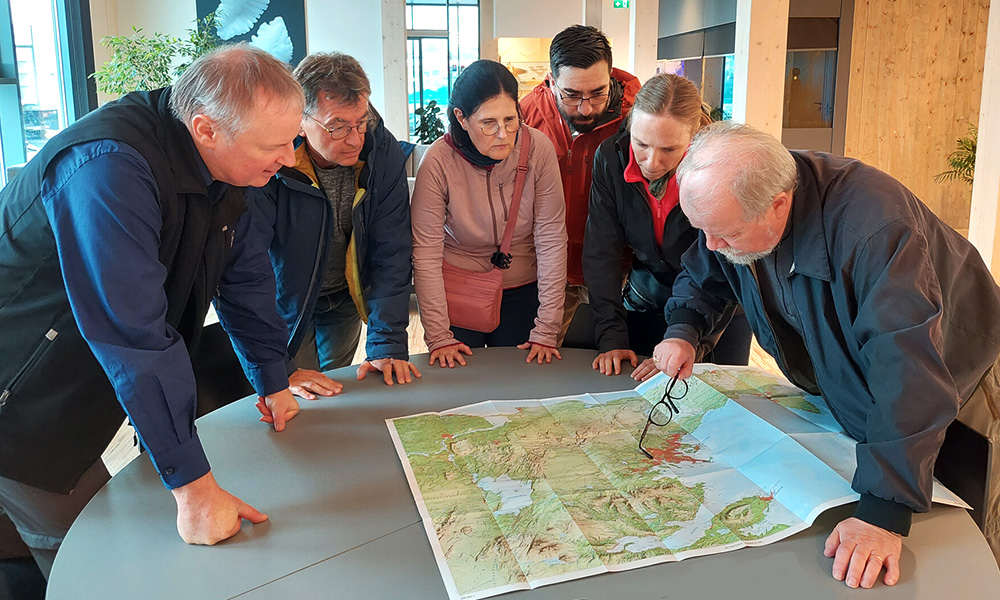
Throughout the expedition, scientists will gather information on organismal diversity along the interface between land and sea as well as along other environmental gradients in a systematic and standardised way. This work will cover all taxonomic scales, from viruses and bacteria to algae and animals, to explore the role of organisms in their habitat, the molecular basis of their interactions, and their contribution to shaping their environment while simultaneously recording the environmental conditions surrounding them. The researchers will record information on a broad range of anthropogenic and natural factors, such as the presence of pollutants, antibiotics, pesticides, or hormones, but also specific temperature, salinity, oxygen levels, and so on.
Through collecting and integrating this vast amount of data, the expedition will make an important contribution to future research by creating insights into coastal ecosystems across Europe in exceptional detail. Once these data are obtained, scientists will be able to probe and analyse them to understand how organisms and ecosystems adapt to environmental changes on the molecular level. At the same time, the information collected on this expedition will act as comprehensive reference data set that can form the basis for studying changes in coastal ecosystems in years to come.
The TREC expedition will be supported by the EMBL Mobile Laboratory, which will carry the necessary equipment for sample processing and data acquisition. The Mobile Services equipment and technologies will enable scientists to perform outstanding laboratory research, in direct proximity to the field. These will include cutting-edge light microscopy, sample preparation for (cryo)-electron microscopy, and single-cell genomics as well as advanced tools for environmental measurements from soil, air, sediment, and water samples.
Testing set-up and protocols in Iceland
In preparation for the TREC expedition in 2023 and 2024, EMBL visited Iceland for a pilot expedition in August 2022. It is one of three sampling pilots, following visits to Villefranche, France, and Naples, Italy, in 2019 and 2021 respectively. At all three locations, the teams further developed and tested sampling protocols, gathered initial data, and established the necessary workflows for the expedition.
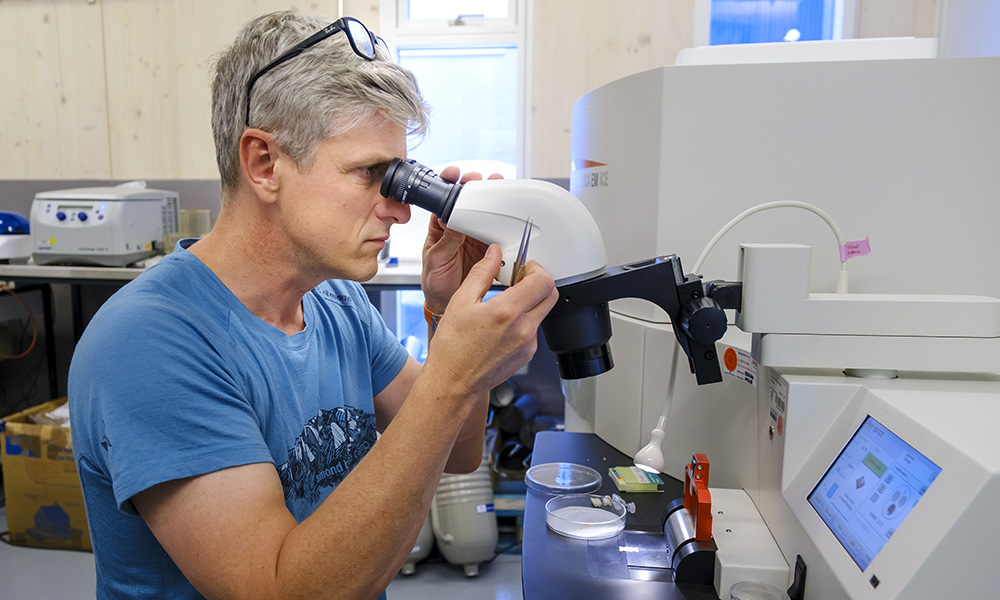
The Iceland pilot expedition was co-organised by the Icelandic biodiversity research network BIODICE. During a three-week expedition, more than 20 researchers from EMBL, as well as scientists from the University of Iceland, the Marine and Freshwater Institute Iceland (MFRI), and European collaborators collected samples in Reykjavik, the West Fjords and Öxarfjörður.
The visit to Iceland also offered the opportunity to engage in a range of scientific and political meetings, and to explore several public engagement activities.
EMBL plans to offer a range of educational and public engagement opportunities throughout the TREC expedition. Organised by EMBL and the University of Iceland, members of the public had the opportunity to join a ‘science walk’ during which they could hear more about the project. In addition, a public lecture and informal discussion at the university café offered an opportunity to hear from several of the researchers participating in the project.
